Water Fasting: Benefits, Risks, and Comparisons with Other Fasting Methods
4 min read
By Docgenie , Published on - 29 December 2024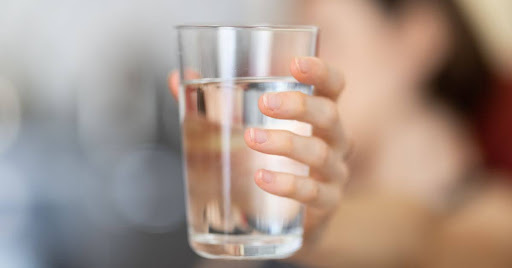
Water fasting has become an increasingly popular method for detoxification, weight loss, and metabolic health. While the idea of abstaining from all foods and only consuming water might sound extreme, many people report benefits such as enhanced mental clarity, improved digestion, and reduced inflammation.
In this article, we’ll explore what water fasting is, its health benefits, potential risks, recommended fasting durations, and how it compares with other types of fasting methods like intermittent fasting and juice fasting.
What Is Water Fasting?
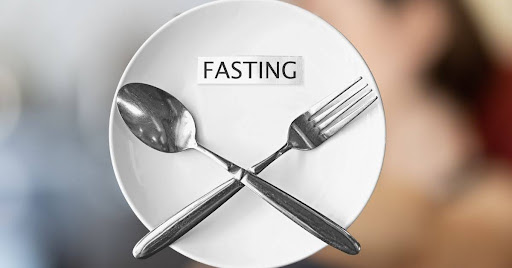 Water fasting is a type of fasting in which a person consumes only water for a specified period, avoiding all solid foods and calorie-containing drinks. This method can last from 24 hours to several days, and in medically supervised cases, even longer.
Water fasting is a type of fasting in which a person consumes only water for a specified period, avoiding all solid foods and calorie-containing drinks. This method can last from 24 hours to several days, and in medically supervised cases, even longer.During a water fast:
- No food is consumed
- Only plain water is allowed
- No tea, coffee, or flavored drinks are permitted
- Physical activity is usually limited
Water fasting can be practiced for spiritual, therapeutic, or health reasons, but it should always be approached cautiously, especially by those with pre-existing medical conditions.
Water Fasting Benefits
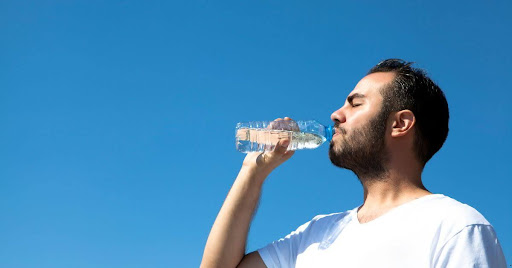
- Weight Loss and Fat Burn
- Decreased body weight
- Improved metabolic markers
- Improved Insulin Sensitivity Short-term water fasting has been shown to reduce insulin resistance, leading to better blood sugar control. This is especially beneficial for people with pre-diabetes or metabolic syndrome.
- Cellular Autophagy Water fasting promotes a process known as autophagy, where the body cleans out damaged cells and regenerates new ones. This may help reduce the risk of certain chronic diseases, including cancer and neurodegenerative disorders.
- Reduced Inflammation Some studies indicate that water fasting can lower levels of inflammatory markers in the body, which may help with conditions like arthritis, asthma, and other inflammatory diseases.
- Mental Clarity and Focus After the initial fasting period, many individuals report increased mental clarity and cognitive performance, possibly due to stable blood sugar levels and increased production of ketones, which fuel the brain more efficiently than glucose.
7-Day Water Fasting: What to Expect
A 7-day water fast is a more advanced practice and should only be attempted by healthy individuals with prior fasting experience or under medical supervision.Day-by-Day Overview:
- Day 1–2: Hunger, fatigue, mild headaches
- Day 3–4: Ketosis kicks in, energy stabilizes
- Day 5–7: Reduced appetite, improved focus, but risk of dizziness and weakness increases
A gradual reintroduction of food is critical after such a long fast to prevent refeeding syndrome, which can be life-threatening if ignored.
Who Should Not Do Water Fasting?
Water fasting is not suitable for everyone. It’s important to consult a healthcare provider before starting, especially if you:
- Are pregnant or breastfeeding
- Have diabetes or low blood pressure
- Are underweight or have an eating disorder
- Take medications that require food
- Have a history of heart, kidney, or liver disease
Even healthy individuals should avoid fasting for extended periods without supervision.
Risks and Side Effects of Water Fasting
Although water fasting has benefits, it’s not without risks. Common side effects include:- Dizziness and fatigue
- Nutrient deficiencies
- Dehydration (yes, even during water fasting)
- Muscle loss
- Low blood pressure
- Electrolyte imbalances
These side effects often intensify during fasts longer than 48 hours. Replenishing electrolytes and staying well-hydrated are essential.
Water Fasting vs Intermittent Fasting
| Feature | Water Fasting | Intermittent Fasting (IF) |
|---|---|---|
| Eating Window | No eating allowed | Defined eating and fasting periods |
| Duration | 24 hours to 7 days or more | Daily or alternate-day practice |
| Calories Consumed | 0 | Allowed during eating window |
| Ease of Practice | Challenging | More sustainable long-term |
| Supervision Needed | Recommended | Usually not required |
| Mental Focus Benefits | Moderate to High | Moderate |
Intermittent fasting may be more suitable for beginners or those looking for a sustainable fasting strategy.
Water Fasting vs Juice Fasting
While both are forms of fasting, juice fasting allows consumption of vegetable or fruit juices, whereas water fasting involves zero calorie intake. Juice fasting may offer better energy and nutrient support but can also contain high sugars, reducing autophagy benefits.
Tips for Safe Water Fasting
- Start Small: Begin with 12- or 24-hour fasts before advancing to longer durations.
- Hydrate Well: Drink at least 2.5–3 liters of water daily.
- Avoid Strenuous Activities: Conserve energy during your fast.
- Listen to Your Body: Stop fasting if you experience dizziness, confusion, or fainting.
- Break the Fast Gradually: Reintroduce food slowly starting with fruits, broths, and steamed vegetables.
Best Practices After Water Fasting
Once your fast ends:- Eat light: with soft, easy-to-digest foods.
- Avoid heavy or fried meals: They can shock your digestive system.
- Stay hydrated: Continue drinking water regularly.
- Introduce nutrients gradually: Include vitamins, minerals, and proteins slowly.
Conclusion
Water fasting offers numerous potential health benefits, from weight loss and improved insulin sensitivity to cellular repair and mental clarity. However, it is not suitable for everyone and must be approached with caution, particularly for extended fasts.
If you're considering water fasting, begin with short fasts, listen to your body, and consult a medical professional. For many, intermittent fasting or modified fasting regimens may offer a safer, more sustainable route to better health.
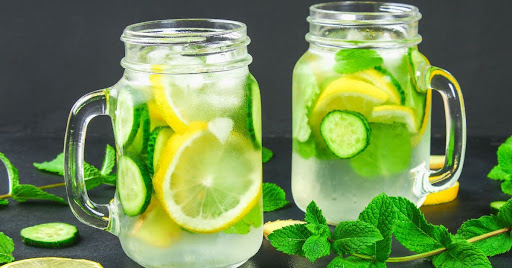

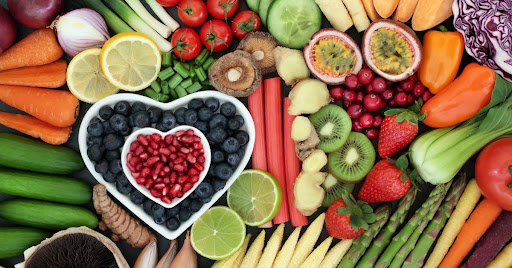

 Between 9am to 8pm
Between 9am to 8pm Whatsapp Message at
Whatsapp Message at support@docgenie.in
support@docgenie.in



